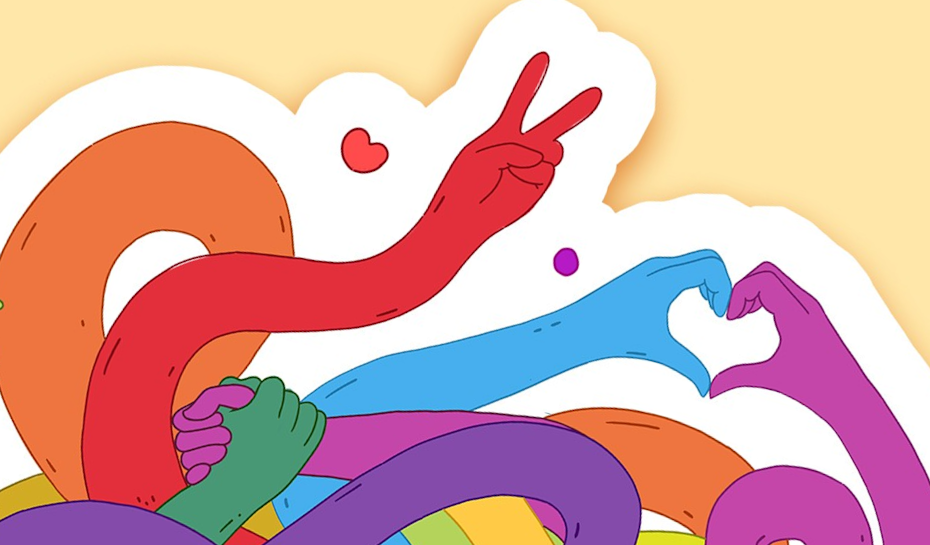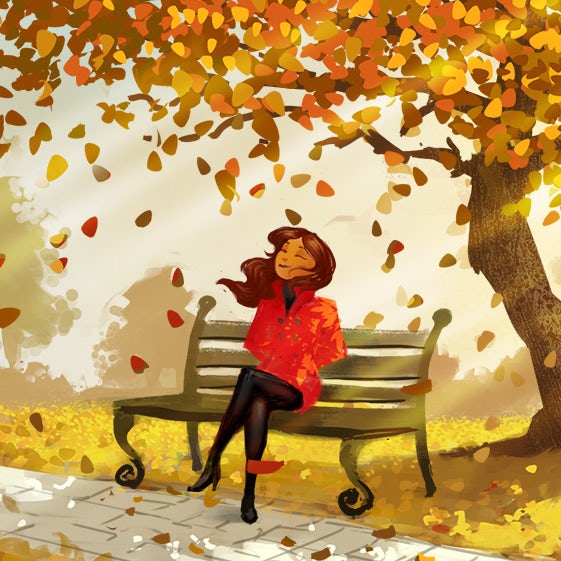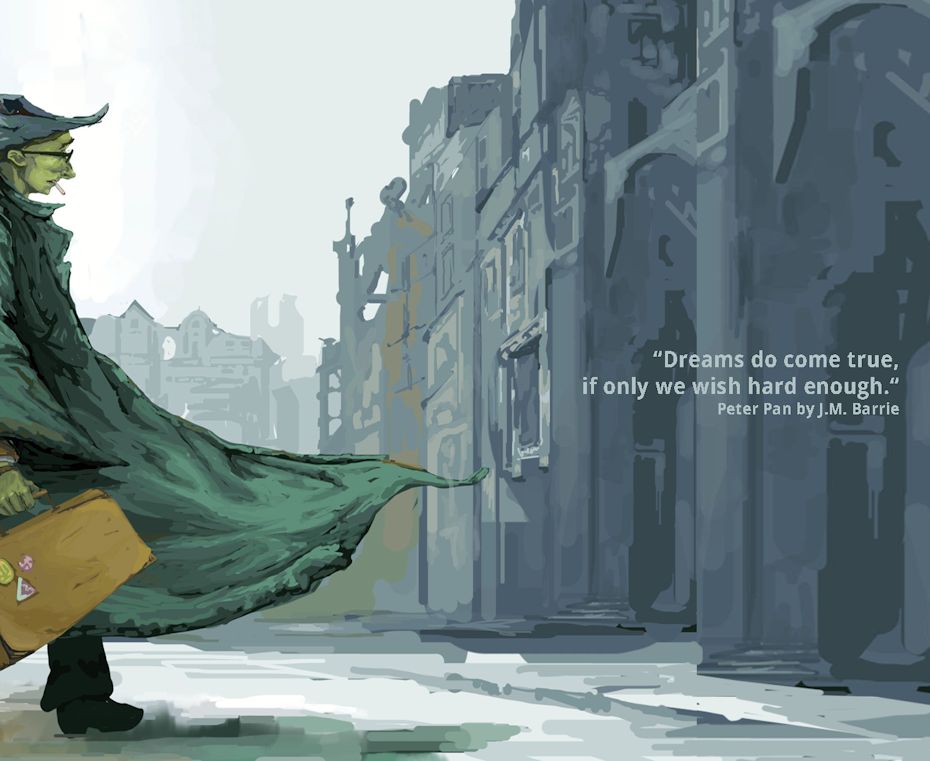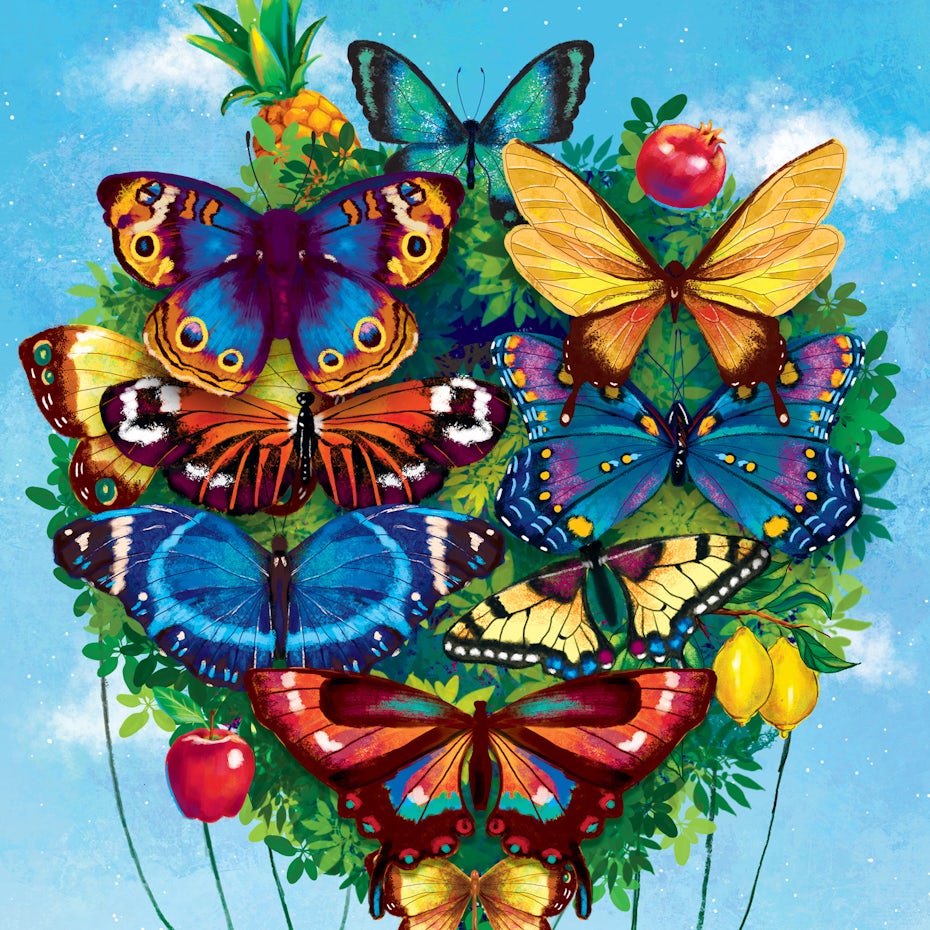[ad_1]
You in all probability instinctively know there’s a relationship between colours and feelings. You might need worn purple to intimidate your enemies (it really works for athletes). Or painted a room pale blue to really feel calm. Perhaps you dyed your hair black as a young person to evoke gloomy, existential angst and internal turmoil (or to anger your dad and mom). There’s even a time period, “dopamine dressing,” to explain the mood-boosting advantages of carrying sure colours.
“Colour is intently related to feelings,” London Faculty of Style lecturer Maria Costantino advised Harper’s Bazaar. “It colours our language—we are saying we’re ‘feeling blue,’ ‘seeing purple,’ ‘envious’ or ‘within the pink.’”
However how we react to totally different colours isn’t all the time black and white (see what we did there?). It usually is dependent upon our psychology, organic conditioning and cultural background.

Designers and model house owners want to grasp the fundamentals of coloration concept, coloration symbolism and the psychology of coloration to speak successfully to their viewers. As much as 90% of individuals base their first impressions of a product on coloration alone. And the mistaken colours may ship the mistaken message—like utilizing white to convey freshness in a tradition the place it represents dying.
Mainly, coloration issues!
So, let’s take a look at how totally different teams of colours make us really feel, then see how particular person colours can be utilized to evoke particular feelings.
Heat and funky colours
—
The way in which we reply to paint is dependent upon its brightness, shade or tint, and whether or not it’s cool or warm-toned. There’s a refined however vital distinction between fiery purple and earth purple, proper?
However with so many colours to select from, the place do you begin? Narrowing them right down to classes might help.
Heat colours—purple, orange and yellow
Purple, orange and yellow are all heat colours and are usually thought to evoke emotions of happiness, optimism, vitality and keenness. Yellow-y sunshine would possibly raise your temper, whereas purple roses would possibly get you within the temper.
Heat colours additionally rev you up! They will sign hazard or make you’re taking motion, like the colour of cease indicators, warning tape or the agitated faces of disgruntled airline passengers. Purple may even make you hungry, which is why it’s a favourite with quick meals chains.
Cool colours—inexperienced, blue and purple
Inexperienced, blue and purple are cool colours; they are often seen as calming, soothing, nurturing, subdued and even unhappy (e.g., blues music, the “child blues” or Picasso’s Blue Interval). They’re usually standard with manufacturers selling well being, magnificence or safety.

Colours and feelings: a fast information
—
Completely happy colours—yellow, orange, pink, purple, peach, mild pink and lilac
Completely happy colours are normally regarded as shiny, heat shades, like yellow, orange, pink and purple, or pastels, like peach, mild pink and lilac. The brighter and lighter the colour, the happier and extra optimistic it may possibly make you are feeling. Combining a number of colours collectively can really feel joyful and exuberant, just like the Holi competition, or perhaps a little bit chaotic and overwhelming, like an overcrowded metropolis road.
Unhappy colours—grey, brown, beige and darkish blue
Unhappy colours are normally darkish, muted and impartial, resembling grey, brown, beige and sure shades of blue and inexperienced. In Western cultures, black is commonly thought of the colour of mourning, whereas in some East Asian nations, it’s white.

Calming colours—blue, inexperienced, child blue, lilac, mint, white and grey
Need to relax? Flip to chill colours, like blue and inexperienced, cool-toned pastels like child blue, lilac and mint, and impartial tones, like white and grey. Pared-back designs that use fewer colours are typically extra calming.
Energizing colours—shiny purple, yellow, neon inexperienced, turquoise, magenta and emerald inexperienced
Need to get fired up? Robust, shiny, extremely pigmented and neon colours can have an energizing impact on our feelings. They’re daring and stand out from their environment, which is why they’ll make us really feel that means too.
How totally different colours make us really feel
—
Let’s dive into the colours and feelings.
Purple—passionate, energetic, offended, harmful, fortunate
Purple makes you are feeling passionate and energized. It’s usually related to ardour and love, in addition to anger and hazard (there’s a skinny line between love and hate, in any case). In China and different East Asian cultures, purple is related to pleasure and good luck, which is why it’s the colour of the Lunar New 12 months.
Orange—energetic, enthusiastic, energetic, blissful
Orange is an brisk attention-grabber, like purple, however isn’t as overpowering. It’s inviting and cheerful, and a well-liked possibility for manufacturers asking their viewers to take motion—like “purchase this product!” or “join this text!”—however in a enjoyable, pleasant means.
Yellow—blissful, spontaneous, cheerful, optimistic
Yellow is harking back to sunshine and smiley faces and is commonly used to make folks really feel optimistic. It’s flamboyant and joyful. Suppose twice about utilizing an excessive amount of yellow in your design as a result of it displays lots of mild and generally is a bit onerous on the eyes.
Inexperienced—contemporary, balanced, calm
Inexperienced could make you are feeling optimistic, refreshed or relaxed, in all probability due to its affiliation with nature. Inexperienced is simple on the eyes and can be utilized to create steadiness in a design. It’s an awesome coloration for manufacturers that need to depict progress (within the US, particularly, the place cash is inexperienced), safety or encourage chance (i.e., you’ve acquired the inexperienced mild to go!).
Blue—safe, relaxed, non secular, calm, chilly
Blue is the “king of colours,” as we’ve talked about in our article “Brand colours: what’s greatest to your model?” It evokes emotions of calm and trustworthiness, which is why it’s a favourite with large companies (Twitter, Fb and LinkedIn, to call a number of). It additionally seems in additional than half of all brand designs.
Darkish blue is standard with companies as a result of it feels so secure {and professional}. However utilizing an excessive amount of blue can really feel chilly and disengaged. Mild blues are thought of extra stress-free and pleasant.
Purple—inventive, mysterious, royal, luxurious
Purple is related to thriller, creativity, royalty and wealth, a mixture that may clarify its recognition within the cryptocurrency trade. Lighter shades of purple are sometimes used to appease or calm, so it’s a favourite with well being and wonder manufacturers.
Pink—playful, romantic, tender, cute, enjoyable
Historically, pink evokes romance, sweetness and tenderness. It will probably usually make us really feel playful or romantic. However pink may also be trendy, like millennial pink, or outrageous, showy and even rebellious, like scorching pink.
Brown—heat, grounded, sensible, comforted
Brown creates a way of stability, consolation and help (very similar to your morning espresso). It’s heat and pleasant, sensible and reliable, and may signify the old style, classic or well-established.
Black—subtle, basic, critical
Black evokes energy, luxurious and class, however may stand for professionalism, neutrality and ease, like Steve Jobs’ ever-present black turtleneck or the “little black costume.” It will probably really feel daring, highly effective and mysterious, like “black magic,” Darth Vader’s all-black ensemble or the black robes of a Japanese ninja (at the very least in standard media). In sure contexts and cultures, the colour black may consult with mourning or disappointment.
White—easy, peaceable, elegant, chilly
Utilizing lots of white in design creates a minimalist aesthetic—contemporary and comforting in its simplicity. In lots of cultures, white refers to innocence or peacefulness (suppose child garments and white doves). An excessive amount of white can really feel chilly, impersonal and overly sanitized, like a blindingly white hospital ward. In Japanese cultures, white is worn at funerals.
Grey—critical, skilled, dependable
Grey will be seen as a mature, accountable or impartial coloration, which is why you would possibly really feel super-professional and dependable carrying a grey swimsuit to work as an alternative of shiny orange. Grey is usually seen as a lighter, much less formal different to black. Alternatively, it may also be seen as indecisive, typical and (alas) boring.
Colours and feelings are inextricably linked
—
Whether or not you’re designing a brand, constructing a model, or placing collectively the proper revenge outfit to your faculty reunion, keep in mind that colours can change how you are feeling and the way others understand you. Colours will be subjective, too: a neon yellow brand that makes one individual blissful would possibly give one other individual a headache. So select fastidiously, and all the time ask for assist from an professional for those who want it!
Want an e mail, web site or infographic designed?
Our designers might help you create absolutely anything.
This text was initially written by Allison S. Gremillion and revealed in 2019. It has been up to date with new examples and knowledge.
[ad_2]



